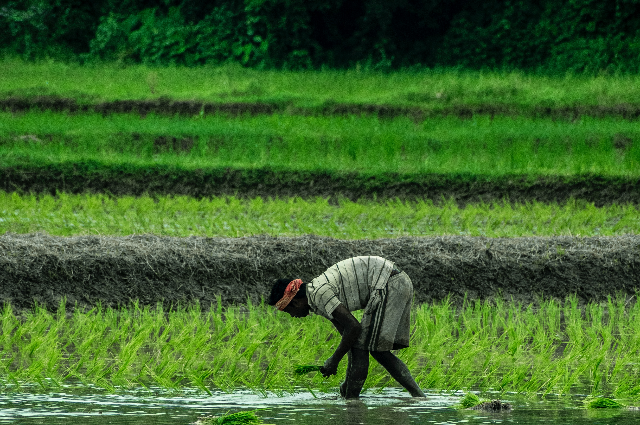
Jowar is regarded as the staple diet of the tribal population still farmers in the erstwhile Adilabad are facing problems in growing the grain that is a part of their cultural identity.
A research article by International Crops Research Institute for the Semi-Arid Tropics (ICRISAT) states that tribal areas in rain-fed agro-ecosystems while the economy being agrarian purely. Besides several economic, environmental, social and health-related challenges, farmers are trying to find a balance between high-yield crops that meet their requirements and can continue their cultural heritage.
In an effort to bridge the gap between the agricultural researchers and tribal farmers, ICRISAT in collaboration with the Centre for Collective Development (CCD), Indian Institute of Millets Research (IIMR) and local Farmers Producer Organisation (FPO) initiated the Adilabad Sorghum Project in 2017.
A survey was conducted to identify the need of the project. It was found that the for the farmers, taste and straw quality for cattle has been identified as one of the main factor for choosing a variety of sorghum.
Malnutrition has been witnessed in tribal regions concerning children and women especially. This project shall help in eliminating food insecurity and shall also help financially support tribal families. Around 200 farmers from different villages in the district have taken part in the initiative. The farmers revealed that they are satisfied with the yield as they are rich in taste, nutrient and variety. Using it as a straw for the cattle because it is a good source of energy. Various varieties have been cultivated organically.
The current project defined that new research approaches empower farmers to make their own choices and where they allow themselves in the best selection of crop variety. Partners in the programme use novel methods to accelerate the adoption of new farming techniques in the country.
. . .
Reference:
- newsindianexpress.com
